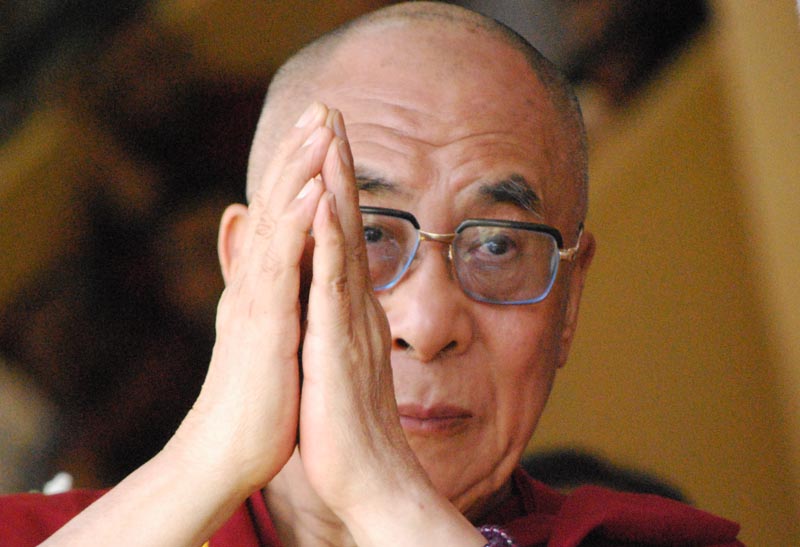


Any incidence of violence in Tibet would be linked to the Dalai Lama and in 2011, while referring to the Dalai Lama as a “wolf in monk’s robes” the then Party Chief of Tibet Zhang Qingli mentioned that he had actually quoted the words of late Premier Zhou Enlai to describe the Dalai Lama that way. The fear of the Tibet card being played astutely by the West at a time in future when China might face internal dissension is also a concern for the CCP.Ĭhina has thus been making serious efforts to adopt an aggressive stance vis-à-vis the Dalai Lama, refusing to give him any space and calling him a `Wolf in the garb of a monk’ and a `splittist’. The extensive international support that the Dalai Lama has and the string of middle and senior level Lamas that have emerged over the years under the guidance and supervision of the Dalai Lama teaching the finer nuances of Tibetan Buddhism to the international community has enabled a strong support base for the Tibetans in exile in most European countries and the US. The fear of separatism emanating from Tibet and the possibility of the Dalai Lama continuing to influence a large chunk of Tibetans living in exile with a deeply entrenched loathing for China, remains a matter of concern for China. China has been desperately trying to get a grip of Tibetan Buddhism, trying to negate the role of the Dalai Lama and setting its own narrative of Tibetan Buddhism. One of the most significant aspects of China’s pursuit of Buddhism is the issue of Tibet and Tibetan Buddhism.

There is also the underlying realization among some CCP pundits that consistent suppression of religion could lead to reaction from the public causing social unrest and instability, and hence a controlled practice of religion would benefit the state. With a country as large in scope and size as China there is also a feeling in certain circles in the Chinese Communist Party (CCP) that with the Chinese economy going through a turbulent phase, often causing hardship to the people, religion could play a crucial role in assuaging peoples’ concerns. There is also realization in certain circles in the CCP that while China has come under serious criticism for persecuting the Muslims of Xinjiang, an act that has been tagged as `religious persecution’ by the West, any form of support to Buddhism and its growth would only neutralize the anti-religious branding of the Chinese government. Religious groups in the country are required to register with government authorities and government approval is mandatory for opening of religious facilities.Īs far as Buddhism is concerned, China realizes the significance of religion in terms of its spread in large number of countries including Taiwan, Mongolia and South East Asian countries and how Buddhism could be used in sync with its BRI narrative in reaching out to the hearts and soul of the people in these countries. Significantly, the constitution clarifies that “religious bodies and religious affairs are not subject to any foreign domination”. On paper, the Chinese Constitution guarantees citizens “freedom of religious belief” and the protection of “normal religious activities.” However, religious activities are closely monitored and the Constitution prohibits “making use of religion to engage in activities that disrupt public order, impair the health of citizens, or interfere with the educational system of the State”. In a country with significant number of practitioners of Buddhism, Taoism, Protestantism, Catholicism and Islam besides a range of folk beliefs, there is a realization that religious tolerance and acceptance to a certain degree is imperative. The Dalai Lama turned 86 in 2021 (Photo: IANS)Ĭhina has been debating the nature and extent of space it intends to give to various religions in the hope of extending its soft power based on some form of religious tolerance.


 0 kommentar(er)
0 kommentar(er)
